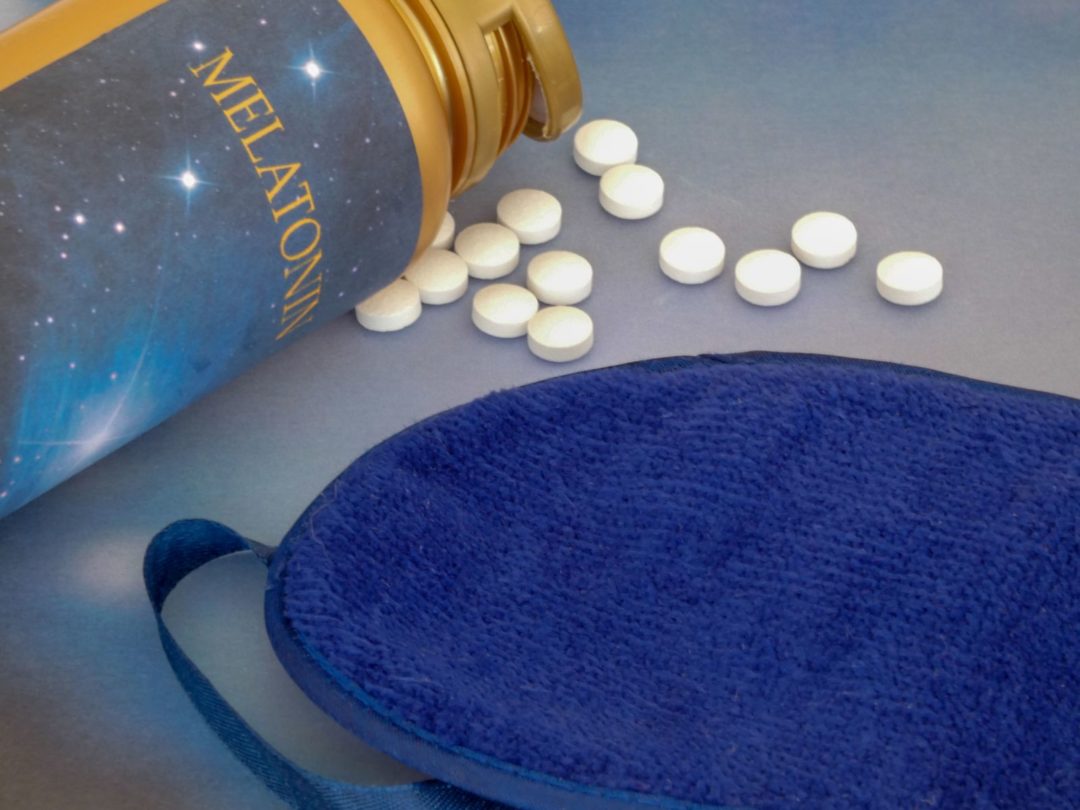Melatonin’s popularity as a sleep aid was suggested as the reason for the increased pediatric exposure. The report explains that melatonin is regulated by the Food and Drug Administration (FDA) as a dietary supplement, and is a widely available over-the-counter sleep aid for adults and children. "It is cost-effective and offers an OTC therapeutic alternative to enhance sleep without use of potentially habit-forming sedative-hypnotics," thestudy authors noted. "Consequently, its use has increased in both adults and children. In addition, growth in the national melatonin market has occurred in response to public demand, with sales in the United States increasing by approximately 150% between 2016 and 2020. Increased sales, availability, and widespread use have likely resulted in increased access and exposure risk among children in the home."
Media coverage of the CDC data featured headlines such as "melatonin poisoning in kids have spiked dramatically" and "melatonin overdoses in kids skyrocketed in last decade."
NPA Responds to CDC's Data on Melatonin
In response to the CDC report, theNatural Products Association(NPA) issued a statement: "This is an important finding but officials do need to ensure that they have the most accurate data regarding Melatonin. As the article clearly states: 'the American Association of Poison Control Centers is not able to confirm the accuracy of each case reported to poison control centers, and individual chart review of all cases could not be performed. Finally, poison control center data do not include patient medical records or medical examiner report, and confirmation of whether a death was secondary to toxic effects solely from melatonin or because of comorbidities was not possible.'”NPA noted, "These deficiencies can lead to hazy and potentially misleading snapshots, which is precisely why the serious adverse event reporting system at FDA via Medwatch was established. Medwatch is the gold standard for detecting and alerting public health officials of potential concerns with products, and so far we have seen no action by the FDA as it relates to Melatonin. Melatonin has been used safely and continues to be under the normal conditions of use as labeled on the product. In the meantime, we remind everyone—including parents with children—who uses dietary supplements to always consult with their doctor or medical professional about what is best for their own personal health and wellness.










